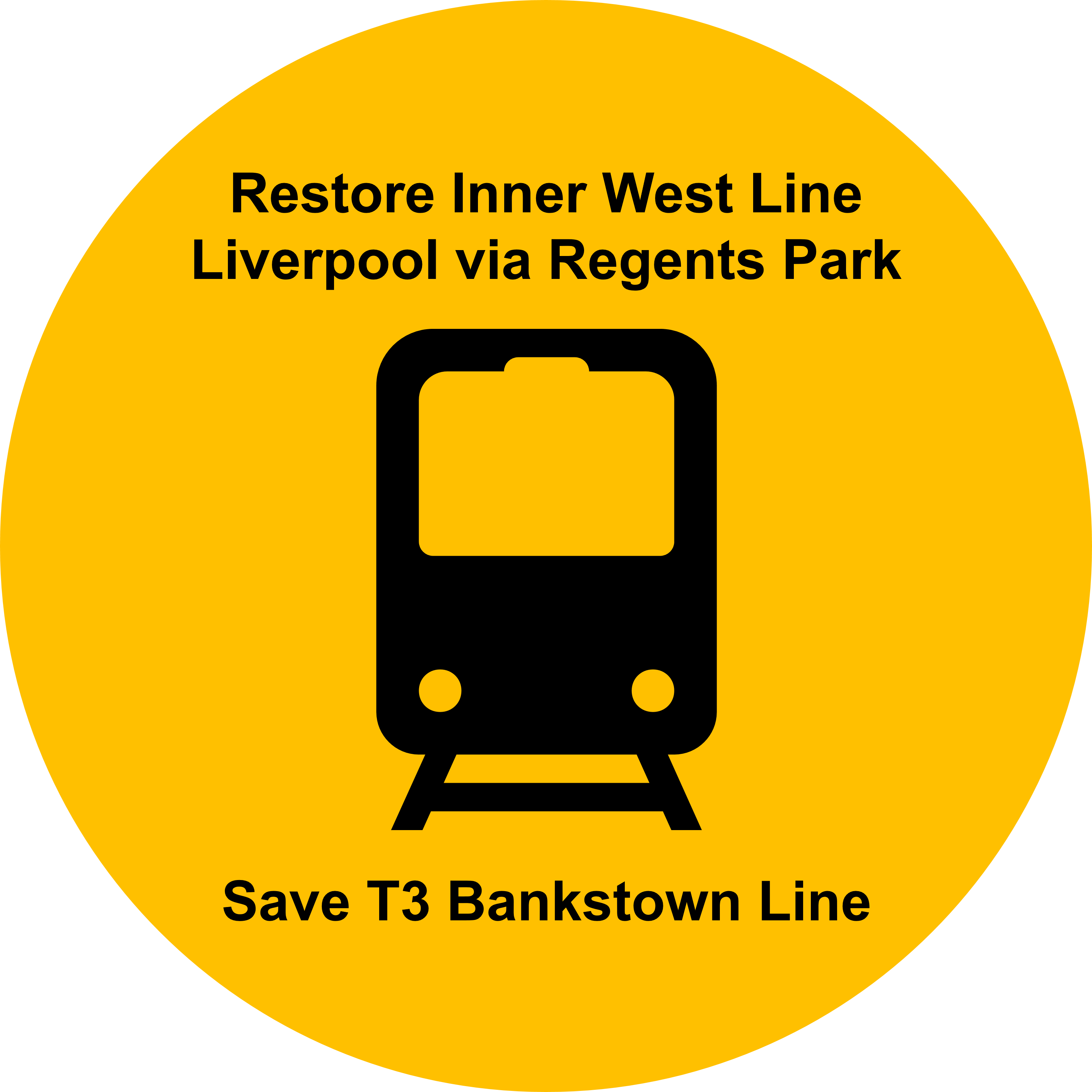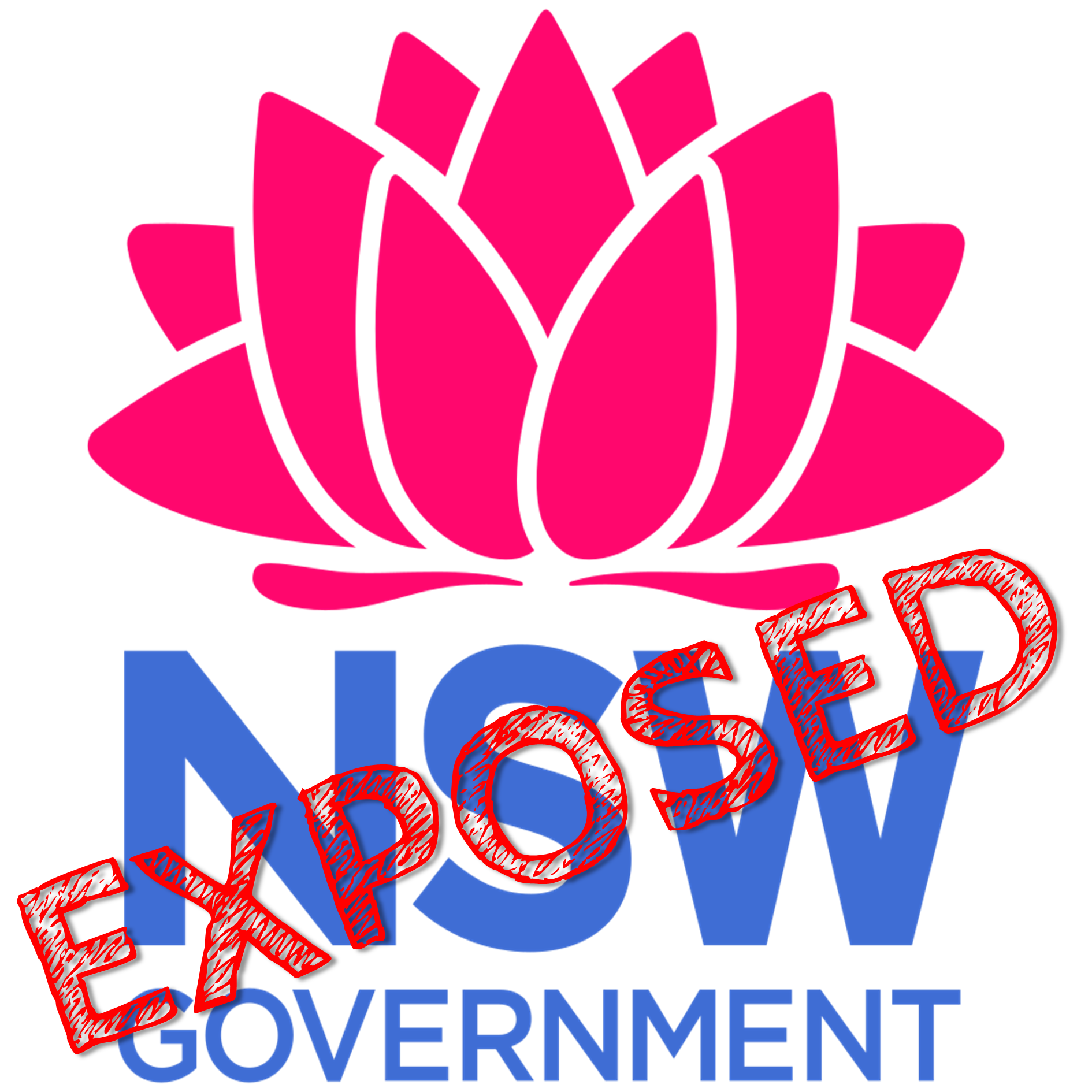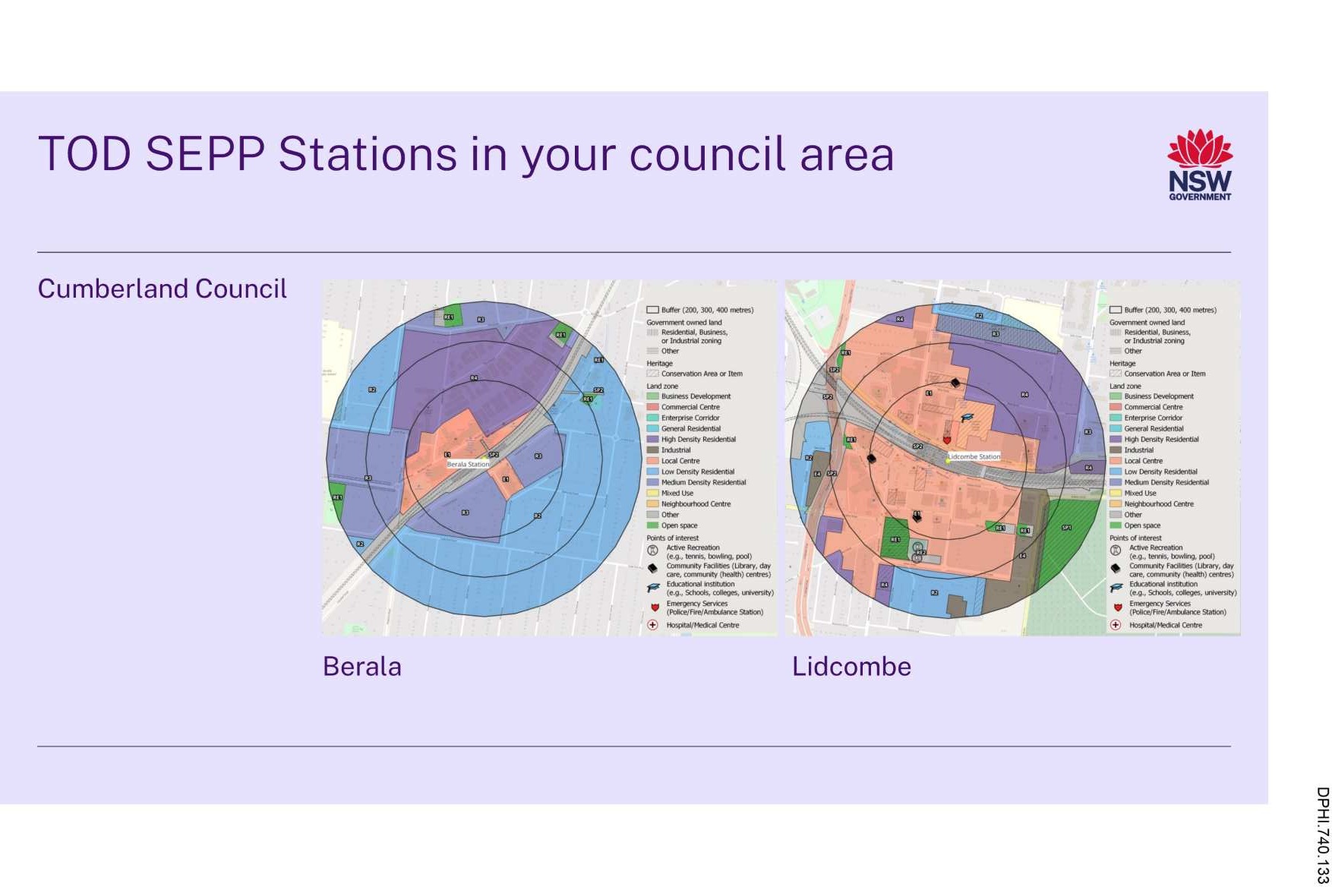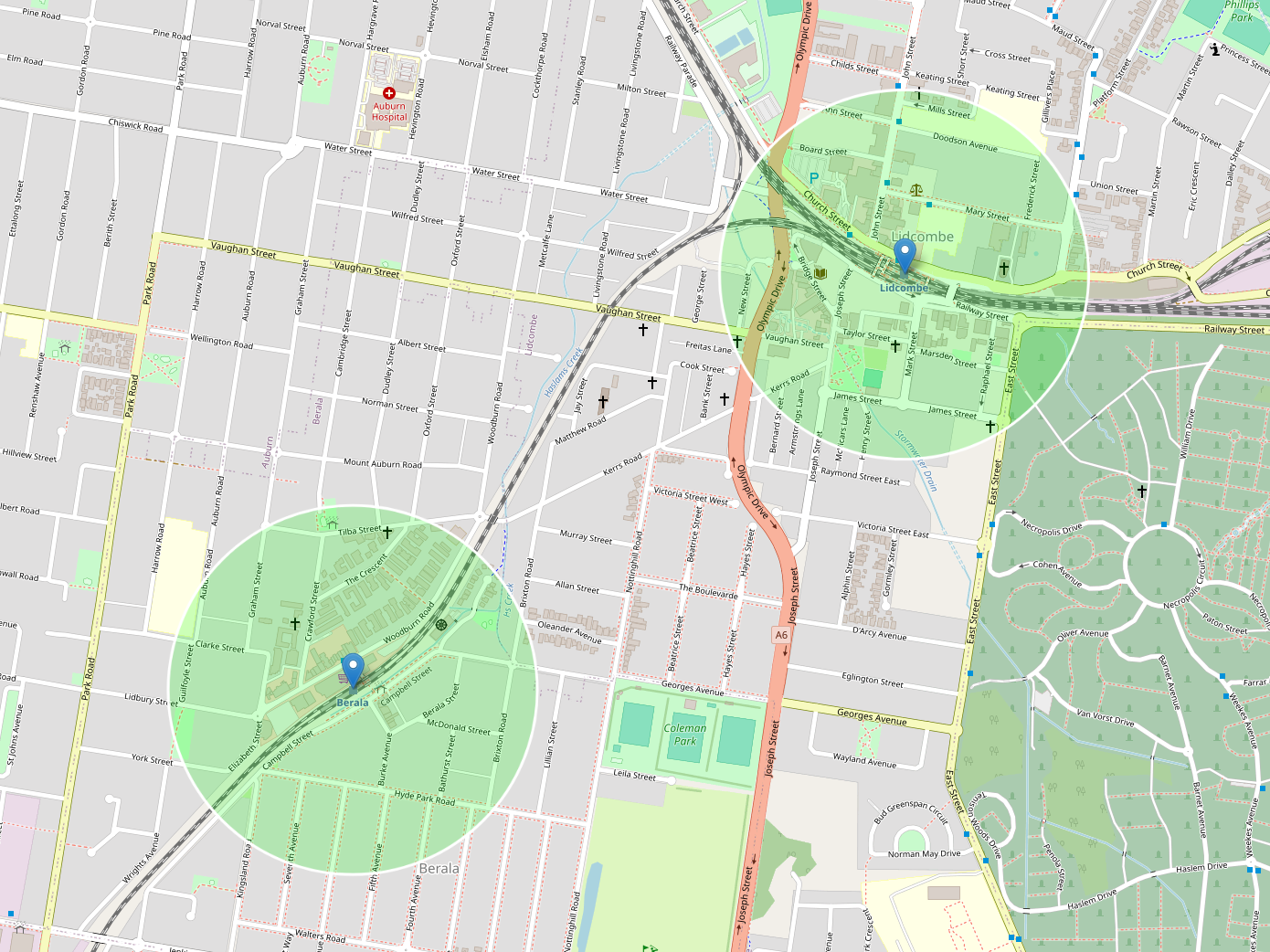Wondered why road projects have taken priority over rail upgrades? Wonder why infrastructure plans often lack details and alternatives? Wonder why the community is often ignored in key transport and planning decisions?
In 2012, the NSW Government formed a Rail Advisory Committee to provide advice on the Long Term Transport Master Plan and Sydney’s Rail Future. Chaired by Carolyn McNally (Transport for NSW’s Deputy Director General Planning and Programs) and another individual whom we cannot name, the committee sought to investigate the future of passenger, freight, high speed, and country rail. Ms McNally is currently the Secretary of the NSW Planning Department which has recently approved the Sydenham to Bankstown Metro Southwest on the Bankstown Line.
The committee was originally scheduled to hold 3 meetings in the leadup to the publication of the Long Term Transport Master Plan in late 2012 and to meet periodically after the release of the plan to review its implementation. However, for reasons subject to further investigation, the committee was disbanded after its inaugural May 2012 meeting which alone has contributed to significant changes and impacts to the transport system in NSW ever since.
Other key members of the Rail Advisory Committee included is Andrew McCusker (former Head of Operations at Hong Kong’s MTR Corporation) and Ron Christie (author of the Long Term Strategic Plan for Rail and former Co-ordinator-General of Rail). A peculiar inclusion on the membership of the committee is the little known Friends of Greater Sydney (FROGS) lobby group. Gary McGregor (Transport for NSW’s General Manager in Rail Transport Strategy) was also a member of the committee.
The relationship between road and rail was a prominent point of discussion with suggestions to examine the degree of modal shift from road to rail and also the impacts of the changes on the M5 motorway on demand on the rail network. Rail projects were seen as benefiting the long term transport landscape while road projects were seen as short-term investments. The committee agreed that the discussion on rail would be conducted in light of the NSW Roads Plan.
Deliberations about rapid transit or what is now known as Sydney Metro was limited to a suggestion of converting the City Circle into single deck trains services. The Western Line was identified as the key bottleneck on the Sydney Trains network with no mention whatsoever of the Bankstown Line or rapid transit even for the North West Rail Link. Sydney’s Rail Future includes the interesting statement that “investing in heavy rail as the most effective transport mode to move a growing population“.
The arrogance of the NSW Government in bullying the community into submission for so-called transport projects that stand to benefit property developers is also documented in the committee’s meeting minutes. It was decided that the Long Term Transport Masterplan and Sydney’s Rail Future would only focus on the chosen option instead of providing any considerations of viable alternatives.
Both Carolyn McNally and Gary McGregor began the implementation of a defensive mentality of government transport projects resulting in a sidelining of other options that could be seen as a challenger. The committee also determined that the Long Term Transport Master Plan should not just focus on transport but should be “clearly embedded with land use”.
It is no surprise that communities along the Sydney Metro Northwest, Southwest and West face increasing over-development in the years to come. Additionally, more questions must be asked about the connection of road projects such as the M4 and M5 WestConnex and (abandoned) rail upgrades across Sydney.
And what does 2013’s removal of the City to Liverpool (& Bankstown) via Regents Park train and the cutting of the T3 Bankstown Line for Metro have in common? The 2013 timetable changes were never about improving reliability on the Sydney Trains network but just the government’s preparation to separate the Bankstown Line in order for gradual privatisation with rapid transit (Metro).
Please support our investigative research into public transport in NSW and Freedom of Information (GIPA) requests. If you know more, we would love to hear from you. Please email us: info@restoreinnerwestline.org.au




